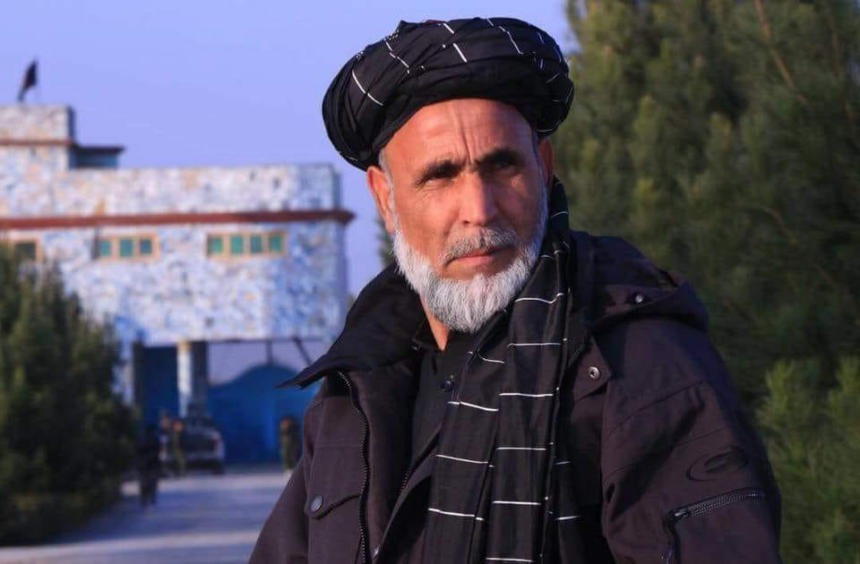RASC News Agency: The Taliban’s prison authority has confirmed that Allah-Gul Mujahid, a former Afghanistani parliamentarian accused of murder, remains incarcerated in Kabul’s notorious Pul-e-Charkhi prison, with no final court verdict issued against him thus far. Habibullah Badr, deputy head of the Taliban’s prison administration, stated in a televised interview that Mujahid like other detainees retains the right to family visitation. He added that the case has garnered exceptional judicial attention due to the political weight of the accused and the murder of a Taliban intelligence operative, Qari Saeedullah. However, Badr admitted that a final ruling is pending, and the judiciary may impose sentences ranging from long-term imprisonment to capital punishment.
Mujahid, who served as a parliamentarian before the Taliban’s 2021 return to power, was implicated in the fatal shooting of Qari Saeedullah during a reported confrontation. Leaked documents from early 2025 indicated that a lower court in Kabul had previously convicted him of “intentional murder,” sentencing him to 17 years in prison. His son was also reportedly sentenced to one year for a lesser role in the incident. Despite this, Taliban officials now claim the case is still under legal review, raising serious concerns about the opacity and inconsistency of judicial processes under Taliban rule. While the Taliban continues to promote a narrative of due process, observers and human rights organizations argue that the group’s so-called legal system is devoid of credibility, transparency, or international standards of justice. Mujahid’s trial, like many others, is unfolding within a closed system where accountability is virtually nonexistent, and where political vendettas often masquerade as legal proceedings.
Habibullah Badr also acknowledged that the exact commencement date of Mujahid’s sentence remains unclear further complicating an already ambiguous legal process. He reaffirmed the Taliban’s position that Mujahid retains visitation rights, but rights activists argue such assurances ring hollow in a broader context of systemic abuse and repression.cIn a broader overview of the Taliban’s prison system, Badr disclosed that between 100 and 130 foreign nationals are currently held across Taliban detention centers. These individuals, arrested on a range of alleged criminal offenses, mostly hail from neighboring countries, though no specific nations were named. Overall, Taliban prisons reportedly hold approximately 12,000 detainees, including 1,400 women and 300 Taliban members. The inclusion of Taliban affiliates among the prison population has been widely viewed as an attempt to deflect accusations of partiality and internal purges.
Nevertheless, the Taliban remains under growing international scrutiny for widespread reports of human rights violations and egregious mistreatment of prisoners. Despite Badr’s blanket denial of torture or abuse within Taliban-run prisons, documented evidence and survivor testimonies suggest otherwise. Multiple international watchdogs and Afghanistani civil society groups have consistently highlighted patterns of inhumane conditions, extrajudicial punishments, and lack of access to fair trials. As the regime seeks international legitimacy, cases like that of Allah-Gul Mujahid underscore the deep dysfunction within the Taliban’s governing apparatus. Critics argue that the Taliban’s legal system is not only weaponized against political opponents but also functions as a tool of fear and repression. With pressure mounting, the Taliban faces escalating demands from both domestic voices and the global community for transparent, accountable, and rights-based governance, particularly within its judicial and prison systems.






